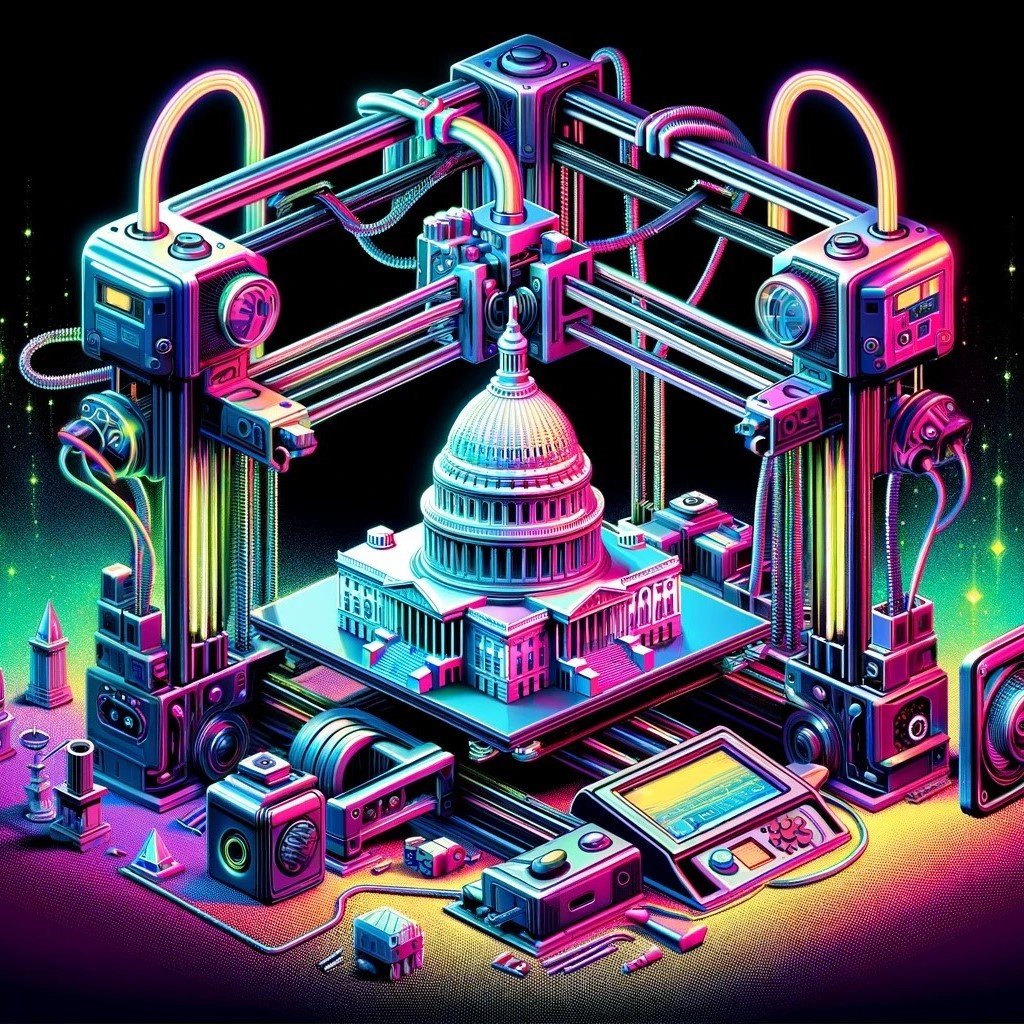The House is a global leader in its agile, institutional approach to the emergence of GenAI.
Why This Matters
With the emergence of commercially available GenAI platforms in 2022, all branches and levels of government must now reimagine the way they work and interact with constituents. In challenging past perceptions that Congress is “behind the times” of understanding and utilizing cutting edge technology, the House has emerged as one of the world’s leading legislative bodies in responsibly responding and adapting to the emergence of GenAI.
How It Happened
In June of 2023, CHA enlisted the help of a detailee from GAO’s STAA team to assist with the committee’s oversight of the institutional office’s internal response to the emergence of GenAI. In the months that followed, the Committee’s partnership with House entities resulted in quick approval and launch of an AI working group, official AI use guidance, and the publication of AI guidelines. Additionally, the committee has hosted hearings and roundtables to ensure transparent debate on the topic, and has published a series of publicly available AI Flash Reports that outline AI activities undertaken throughout the Legislative branch.
The Impact
By proactively and responsibly driving an institutional response to the emergence of GenAI that guides responsible adoption,` the House is actively combating the “pacing problem,” a term coined to describe the exponential gap between the pace of technological innovation and the lagging response of government’s ability to provide oversight or regulate it. The House’s agile approach to approving GenAI-powered tools for official use allows Members and staff to gain greater familiarity with this technology, empowering them with first-hand expertise when debating what types of impacts the technology may have across various industries or what type of regulation may be necessary to pursue.
The House’s institutional leadership in quickly responding to GenAI as an emerging technology stands in stark contrast to previous perceptions that Congress is disconnected with innovative technology and is demonstrative of the culture of internal modernization that has taken root in the last decade.
Next Steps
Technological innovation and adoption are moving targets that require consistent progress in order to simply remain at-pace. The House has been a leader in these initial years of GenAI’s existence, but the institution remains at risk of falling behind should it not continue to have staff dedicated solely on honing the House’s policies, training, and guidelines in a transparent and accountable way. This work should continue to be overseen and guided by Members, specifically CHA, and should be an essential part of the institution’s strategic plans moving forward.
Glossary
ADA = Americans with Disabilities Act
AOC = Architect of the Capitol
CHA = Committee on House Administration
CAO = House Chief Administrative Officer
CDTF = Congressional Data Task Force
COLA = Cost-of-Living Adjustment
CPF = Community Project Funding
CR = Continuing Resolution
GAO = Government Accountability Office
GAO STAA = The Government Accountability Office’s Science, Technology Assessment, and Analytics team
GenAI = Generative Artificial Intelligence
HIRO = House Intern Resource Office
HDS = House Digital Service
LIS = Legislative Information Service
LLM = Large Language Model
MIA = Modernization Initiatives Account
ModCom = The House Select Committee on the Modernization of Congress
ModSub = Subcommittee on Modernization (ModSub) within the Committee on House Administration
MOU = Memorandum of Understanding
NMO = New Member Orientation
OCWR = Office of Congressional Workplace Rights

